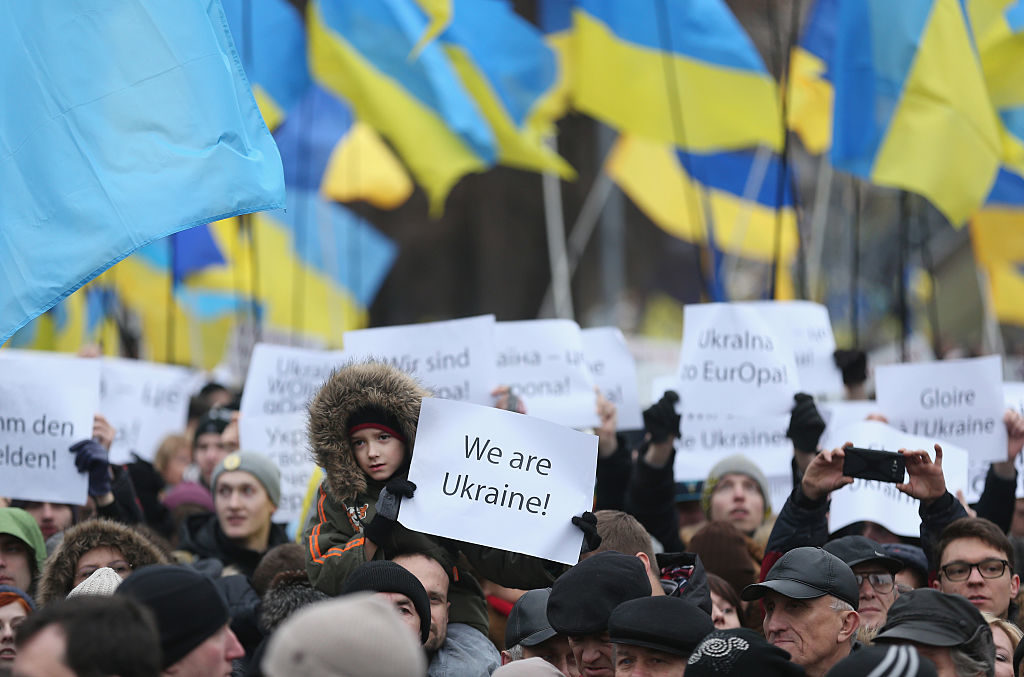Politics
Kiev Calls For Boycott of Russian Museums Exhibiting Crimean Art
Moscow is accused of illegally exporting art from Crimea.

Moscow is accused of illegally exporting art from Crimea.

Henri Neuendorf

Ukraine’s culture ministry has called for an international boycott of Russian museums showing works from Crimean collections.
According to the Austrian daily Der Standard, the call was triggered by a major retrospective on the Crimean-born painter Ivan Aivazovsky at Moscow’s State Tretyakov Gallery—slated to open on July 29—and illustrates the residual tensions between Russia and Ukraine following Moscow’s annexation of Crimea in 2014.
Kiev—which doesn’t recognize Russia’s illegal annexation of its territory—is lamenting that 38 of the 150 works included in the exhibition were illegally exported without permission. It views the Crimean art collections as part of its “cultural holdings,” and under Ukrainian law cultural loans are subject to state authorization.

Moscow’s State Tretyakov Gallery included 38 paintings from Crimean museum holdings in an upcoming Ivan Aivazovsky retrospective. Photo: Wikimedia Commons.
On the other hand the Russian culture ministry cited a law passed in February 2015 under which Crimea’s art collections became part of the “cultural holdings” of the Russian Federation, which stands in direct contradiction to Ukrainian law.
“Ukraine calls on the international community to end the cooperation with Russian cultural institutions exhibiting illegally exported artworks from Crimea,” the Ukrainian cultural ministry said in an announcement. The ministry added that due to Russia’s gross violation of international law, the Ukrainian state is not able to safeguard the cultural heritage of its temporarily occupied territory.

Ivan Aivazovsky The Ninth Wave (1850). Photo: Wikimedia Commons.
Although the State Tretyakov Gallery insisted that all loaned works would be returned to Crimean institutions after the end of the exhibition in November 2016, a resolution to the conflict is not in sight.
A similar deadlock broke out during the circumstances leading up to Russia’s annexation of Crimea in 2014. The exhibition “Crimea: Gold and Secrets of the Black Sea” at Amsterdam’s Allard Pierson Museum included 565 pieces loaned from four Crimean museums. By the time the exhibition closed, Russia had taken over Crimea and both nations claimed ownership of the gold, prompting the Dutch museum to hold on to the treasures until a resolution is reached between the two countries.